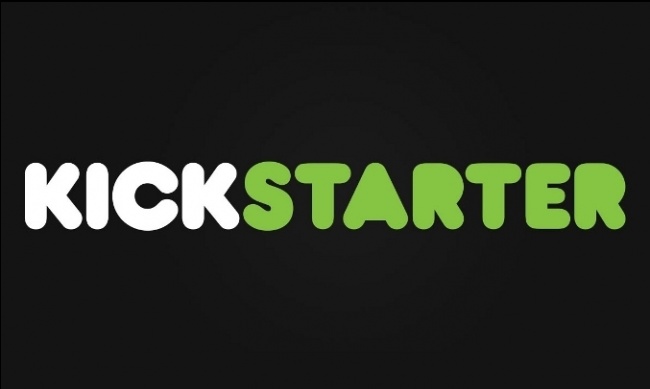I read Chris O’Neal's Making the Game column on the pros and cons of using Kickstarter with quite a bit of interest, since as a retailer my viewpoint regarding Kickstarter is that the only benefit to me is that games get made that might otherwise not get produced. I am a big fan of Brotherwise Games and have been since the release of Boss Monster, which has made the store a good chunk of change over the past few years, and I found his take on using Kickstarter interesting. He pointed out three benefits that Kickstarter provides for his company:
- Publicity. I have heard this from other smaller publishers as well, even those who say they could easily self-fund new products from the sales of previous ones. Launching a product on the Kickstarter platform creates an amount of buzz about the launch that a traditional publicity campaign cannot match.
- Community. A community among backers of a game on the Kickstarter platform grows organically to support the game and talk about it amongst themselves, generating excitement and anticipation for the new release among that community and, through their outreach, to others outside the community, generating interest in the release among those who might not ever have heard of it.
- Strategy. Kickstarter essentially forces its project creators to develop and craft a marketing strategy for the release to get people excited about it. Publishers have to think about how the game should be presented, what is the hook for the game, and how do you present it in such a way as to excite customers and get them to back the game. The video-focused format of a Kickstarter launch also forces the developer to focus on the visuals of the game, both in the appearance of the game and the way in which it is presented.
- Funding. O'Neal does not mention this in his column but given that the primary reason for the use of Kickstarter is to fund production of a game or item that the manufacturer could not afford to produce otherwise, it still seems a pretty important reason for a small company, or even a mid-sized one like Steve Jackson Games, which put its new edition of Ogre on Kickstarter, to launch a product on the platform.
O’Neil sees fewer negatives in the use of Kickstarter:
- Cannibalization of Retail Sales. Games launched using Kickstarter can be a zero-sum proposition as a sale of the game through the platform eliminates a potential sale of that game through the local game store. O'Neal feels the outcomes are somewhat more complex and that Kickstarter can generate demand for a game long past its launch on the platform. He cites Brotherwise Games' successful launch of Boss Monster, which had 4,689 backers on Kickstarter but has since sold hundreds of thousands of additional copies through distribution, as evidence of this.
- Too Many Cooks. Because of the interactive nature of Kickstarter, and the community feature noted above, it is very easy for that community to turn toxic if a part of the group decides they do not like some aspect of the game, and to get very vocal about it, potentially driving away potential backers and calling for changes in the game that the publisher may not feel comfortable with making.
- Lost in the Crowd. Like number 4 above, O'Neal did not mention this, but at any given time there are some 500 different games seeking funding and attention on the Kickstarter platform. Some 35-40% successfully fund. A publisher needs to work hard and put together a superior product and campaign to successfully get attention from potential backers.
As I have indicated in past columns, I am not a huge fan of Kickstarter-funded games, but it is certainly helpful to see the view from the other end of the channel.
The opinions expressed in this column are solely those of the writer, and do not necessarily reflect the views of the editorial staff of ICv2.com.









